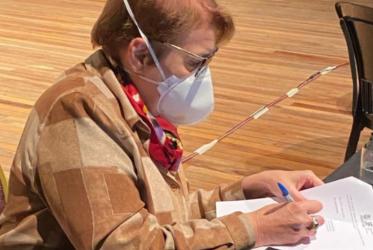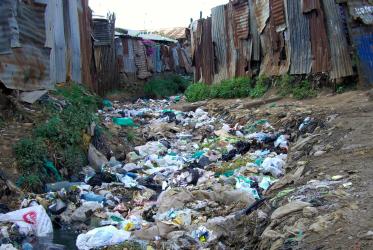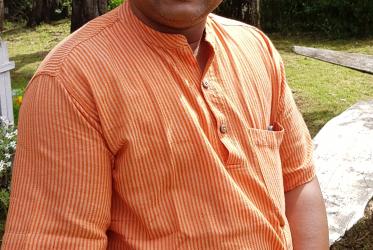Displaying 1 - 20 of 35
On World Toilet Day, sanitation is “an issue of justice”
16 November 2020
Interfaith Rainforest Initiative expands
12 February 2019
WCC Eco-School encourages youth to become eco-ambassadors
08 November 2018
Dr Samuel George: “Ensure all are included"
12 June 2018
#WCC70: A story of life
07 June 2018
During Lent, a “carbon fast” can honour God’s creation
09 February 2017
Religion: Way of war or path to peace?
30 June 2016
New Executive Committee members elected in Trondheim
28 June 2016










